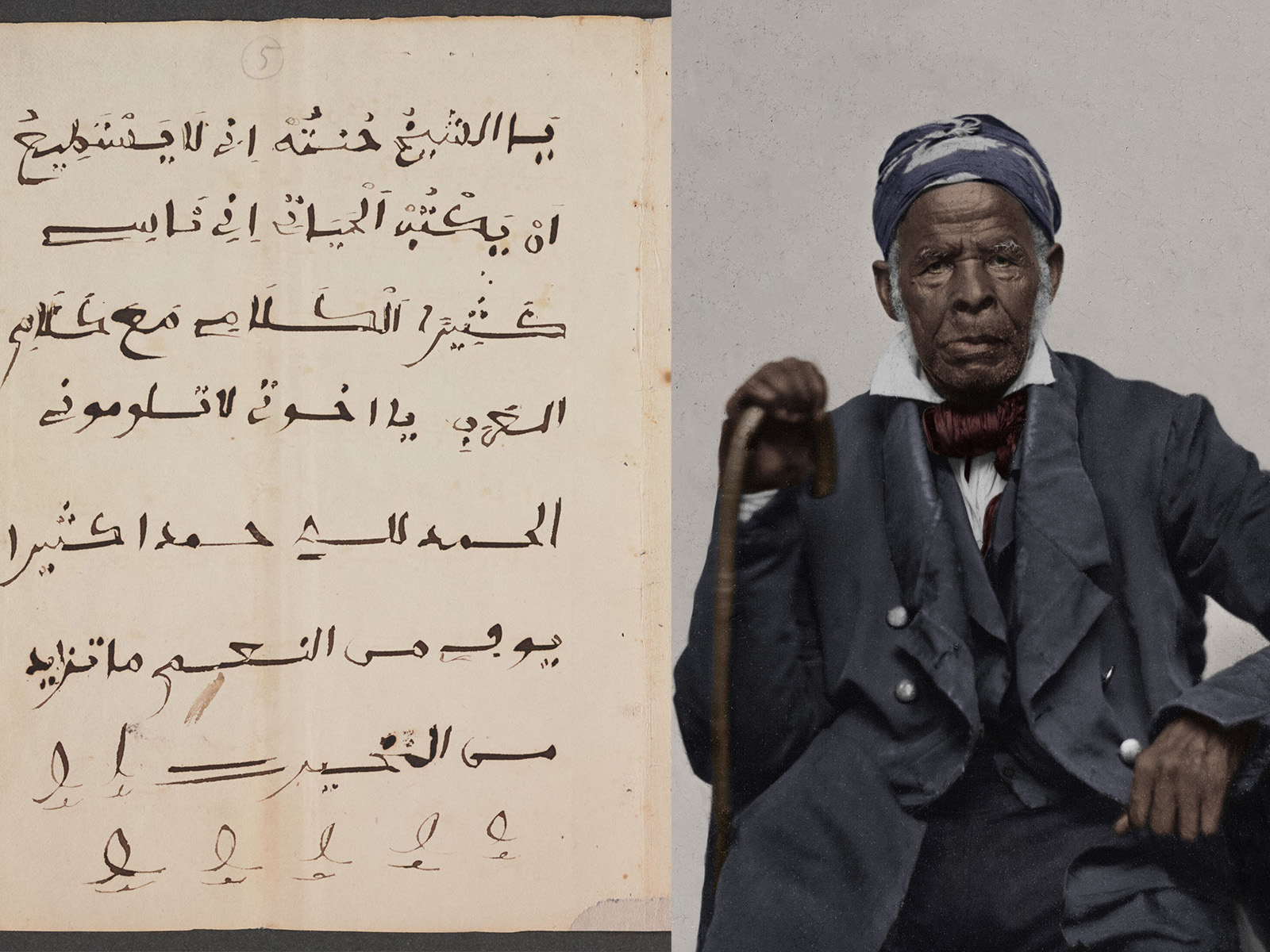Library of Congress to highlight Muslim slave and scholar with $2.5 million grant
The project, which will aid other library programs, is one of 16 to receive grants from the Lilly Endowment’s Religion and Cultural Institutions Initiative.
![Postcard from Eritrea. Asmara - Festa del Mascal. Firenze: Ballerini and Fratini, [date of publication not identified]. Image courtesy of Library of Congress](https://religionnews.com/wp-content/uploads/2023/02/webRNS-Library-Congress-Grant1-807x563.jpg)
(RNS) — The Library of Congress has received a $2.5 million, five-year grant from the Lilly Endowment that will help launch programs that foster greater understanding of religious cultures in Africa, Central Asia and the Middle East.
In a Tuesday (Feb. 14) announcement, the library described the development as “the largest Lilly Endowment grant to the Library of Congress, and the largest private gift in the history of the African and Middle Eastern Division.”
The project is one of 16 to receive grants from the Lilly Endowment’s Religion and Cultural Institutions Initiative.
The library’s plans include a book and a film produced in-house about Omar ibn Said, an Islamic scholar who was enslaved and transported to Charleston, South Carolina, in 1807. A documentary will reveal ibn Said’s steps from his birthplace in Futa Toro, West Africa, his journey to the U.S. and his continuing legacy.
The Library of Congress also will use the grant to increase public access to digitized repositories and programs that enhance knowledge about faiths practiced in the regions, including Indigenous African religious traditions, Judaism, Christianity and Islam, and their influence on daily life.

A page of Omar ibn Said’s autobiography, written in Arabic in 1831, and a restored, colorized portrait of Omar ibn Said, right, around the 1850s. Page courtesy of LOC; Photo courtesy of Yale University Library
“Africa and the Middle East constitute the birthplace of humanity, the cradle of civilization, and the origin of Abrahamic traditions,” said Lanisa Kitchiner, chief of the Library’s African and Middle Eastern Division, in a statement in the library’s announcement. “They are exceptionally fertile grounds for examining the beauty, complexity and evolution of human culture.”
RELATED: New research reconsiders writings of a Muslim slave and scholar
Other beneficiaries, with grants ranging from $1.9 million to $3 million, include the Martin Luther King, Jr. Center for Nonviolent Social Change in Atlanta, the United States Holocaust Memorial Museum in Washington and the Weitzman National Museum of American Jewish History in Philadelphia.
The King Center grant will help fund an exhibition about the Baptist minister and civil rights leader’s own religious journey and the role of faith communities in the civil rights movement. The grant to the Holocaust museum will create an endowment for the director of its Program on Ethics, Religion and the Holocaust. The Weitzman museum grant will support renovation of a main exhibition space that will include religious objects, texts and images from various Jewish traditions.
Lilly Endowment, which announced the first round of funding for 18 organizations in 2020, has contributed a total of $84 million to the initiative.
“These organizations will use the grants to help visitors understand and appreciate the significant impact religion has had and continues to have on society in the United States and around the globe,” said Christopher Coble, Lilly Endowment’s vice president for religion, in a statement. “Our hope is that these efforts will promote greater knowledge about and respect for people of diverse religious traditions.”
Religion News Service is funded in part by Lilly Endowment.
No comments:
Post a Comment